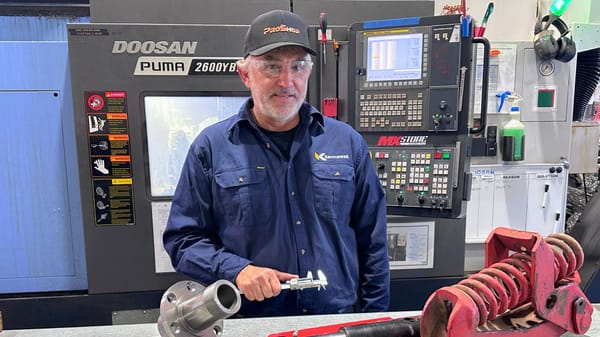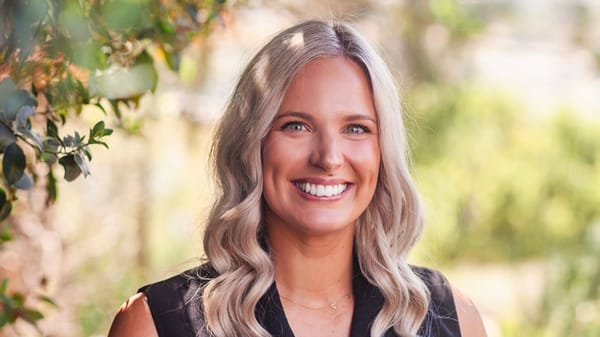Funding uncertainty hurts anti-violence efforts, advocates say
Domestic violence survivors are poorly served when the agencies helping them are constantly at risk of having their funding pulled, a Murray Bridge forum has heard.

This story has been made free to read under Murray Bridge News’ editorial policy on advocacy. Please consider supporting our work by subscribing.

Uncertainty about funding is holding back efforts to reduce domestic violence in the Murraylands, advocates say.
At a forum in Murray Bridge last Thursday night, three state MPs were told that the sudden withdrawal of funding from organisations such as the Victim Support Service contributed to a high turnover of local support workers.
That led to worse outcomes for survivors of domestic violence, who depended upon the personal connections they built up with experienced local professionals.
“A void was created by taking away an organisation that played a critical role in collaboration, and had a door people could walk into for practical, material help,” former Victims’ Rights Commissioner Michael O’Connell said about the Victim Support Service’s closure last June.
“Survivors need to know that when they knock on a door, that’s going to be someone who knows their story, they’re not going to have to tell it over and over again.”
Ross Womersley, head of the peak body for South Australia’s community sector, said services were constantly starting up and shutting down because of short-term contracts and changing government priorities.
New governments typically wanted to re-invent the wheel, he suggested, instead of looking at what had worked before.

Linda Martin, chair of the Murray Bridge Regional Collaboration on Violence Against Women and Children, said it had been going on for most of her 30 years in the sector.
“We had these initiatives, for men who wanted to change their behaviour, in schools … we had a lot of this happening – then (funding) gets pulled,” she said.
“Research tells us exactly what we need to do, and do we follow through?
“Not really.
“It’s very, very disheartening to hear (politicians say) ‘now we’re putting money into this, now we’re doing this’.”
Back in 2016, a state parliamentary inquiry recommended that all domestic and family violence services be funded for at least three years at a time, “to allow them to plan strategically”.
Local MP Adrian Pederick was on the committee which made the recommendation, which the government officially supported.
Yet five years later, the problem still exists.

Assistant minister stops short of promising change
SA’s Assistant Minister for Domestic and Family Violence, Carolyn Power, did not offer any guarantee that the funding model would change in future.
Instead, she suggested service providers take comfort in the fact that the state’s current plans to address domestic violence had bipartisan support.
“If there were a change of government, I don’t think we’d throw away the domestic violence disclosure scheme or we’d throw away our domestic violence app,” she said.
“Maybe that’s me being optimistic, but I don’t think (Labor) will roll back those services.
“If they do, we (Liberals) will kick up a big stink.”
She argued that it was up to everyone, not just governments, to prevent domestic violence: “to stand up, to be the change we want to see and change the cultural norms, values and beliefs that give rise to domestic violence in the first place”.
Labor MP Clare Scriven did not make any outright promises either, but agreed it was a problem that services did not have dedicated, ongoing funding.
She pledged to make sure that local service providers’ voices would continue to be heard.
Poverty and Murray Bridge’s housing crisis were among the other issues raised at the forum, which was attended by about 40 community sector workers and civic leaders and organised by passionate local advocate Annette Korzeba.
- Get help: Visit the Haven at Murray Bridge Community Centre, on Beatty Terrace, between 9am and 4pm on weekdays, or the DVINA Centre on Standen Street, Murray Bridge between 10am and 5pm Monday to Saturday; call the Domestic Violence Crisis Line on 1800 800 098, or Murray Mallee Adelaide Hills Domestic Violence Service on 8215 6320; or, in an emergency, dial 000.





